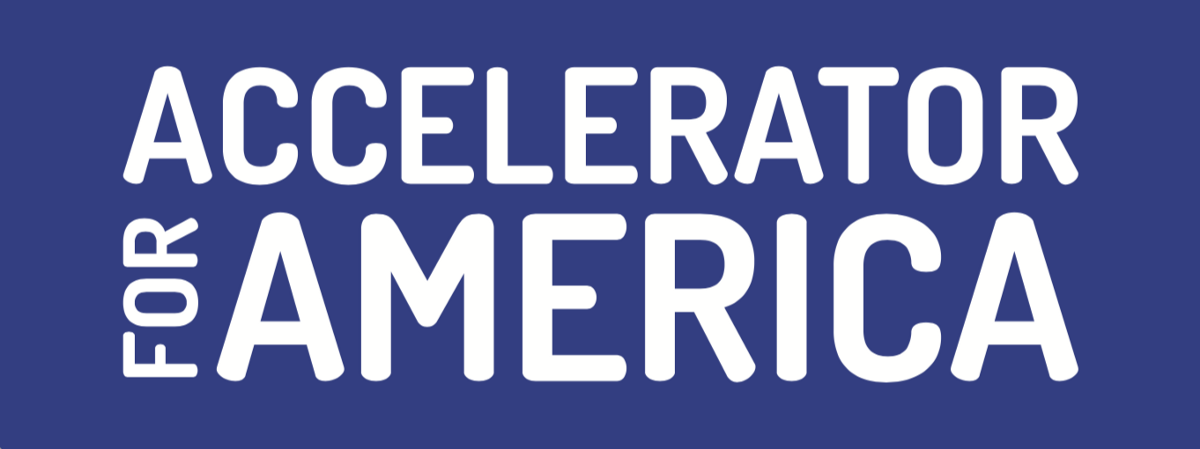Smart Cities Dive: Rockefeller Foundation, Mastercard Announce Opportunity Zone Initiatives
Jason Plautz
Dive Brief:
The Rockefeller Foundation will spend $5.5 million to help cities take advantage of the opportunity zone program created in the 2017 Tax Cuts and Jobs Act. The initiative will give six cities funding for a Chief Opportunity Zone Officer to be embedded in the city government, as well as community engagement specialists who can coordinate investments that will help the community.
Newark, NJ will be the first city in the initiative and will receive $920,000 in funding from the Rockefeller Foundation and Prudential Financial.
Separately, the Mastercard Center for Inclusive Growth and Accelerator for America announced they will partner to help direct opportunity zone investment to distressed communities. The partnership includes an $850,000 grant from the Mastercard Impact Fund, as well as data science work, economic development tools and research.
Dive Insight:
The opportunity zone program allows investors to get a tax break if they put money into certain businesses and properties in "distressed" areas selected by the state and federal government. More than 8,700 census tracts have been designated as "opportunity zones," and the Rockefeller Foundation estimates there is more than $6 trillion in unrealized capital gains that could qualify for investment there. However, there’s been concern that the benefits of the investments might only be felt by developers, or that investors might focus their money on gentrification or real estate projects rather than businesses that could foster the community.
That’s the problem the Rockefeller Foundation seeks to solve, by giving cities funding and human resources to integrate opportunity zone planning into government. The hope is that having a designated engagement team can ensure that the community gets a say in how opportunity zone funds are spent.
Likewise, the Mastercard initiative is designed to bring more data and inclusivity to governments’ oversight and mobilization of opportunity zones. Accelerator for America has already been working with South Bend, IN; Louisville, KY; and Oklahoma City to help them target opportunity zone incentives to low-income communities, which they hope can be a model to other cities. Given the uncertainty around the new program, more institutional support will be helpful to ensure that investments are effectively targeted that new spending goes to areas of need.
Read the full article here.

